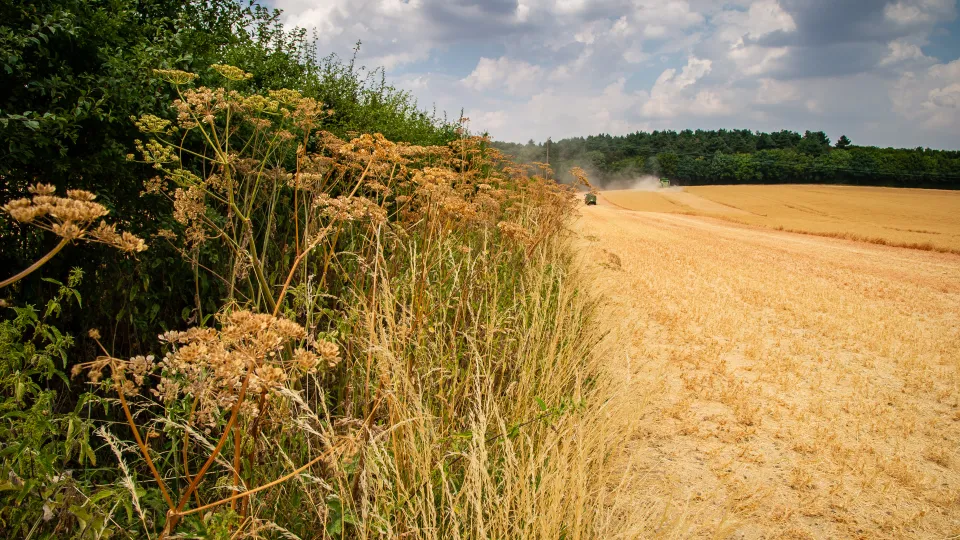
Farmland
Farmland can conjure up rural images of brown hares zig-zagging across fields, chattering flocks of finches and yellowhammers singing from thick, bushy hedges and field margins studded with wildflowers.

Farmland can conjure up rural images of brown hares zig-zagging across fields, chattering flocks of finches and yellowhammers singing from thick, bushy hedges and field margins studded with wildflowers.
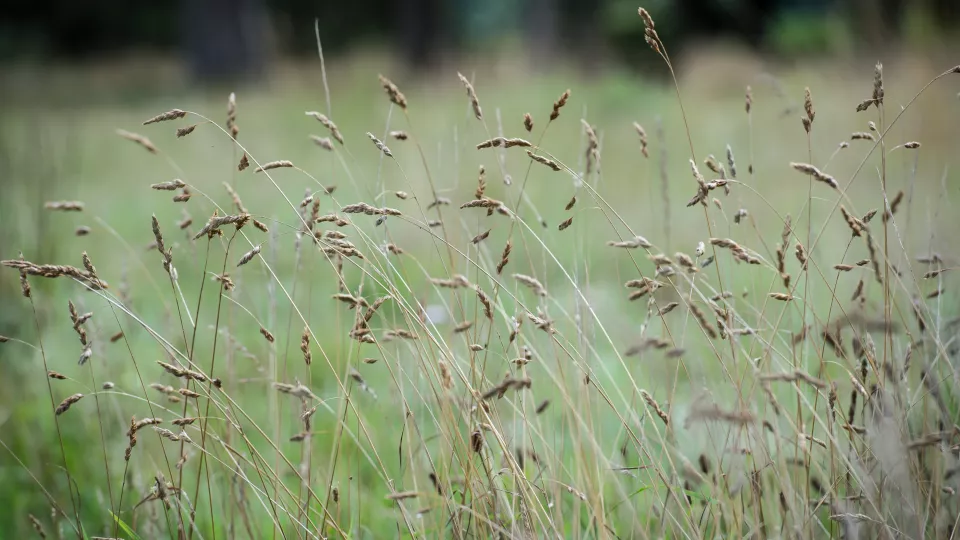
Flower-rich grasslands, once a part of every farm, are part of our culture. Most have developed alongside humans because of livestock grazing and cutting for hay. Many have archaeological and historical features.
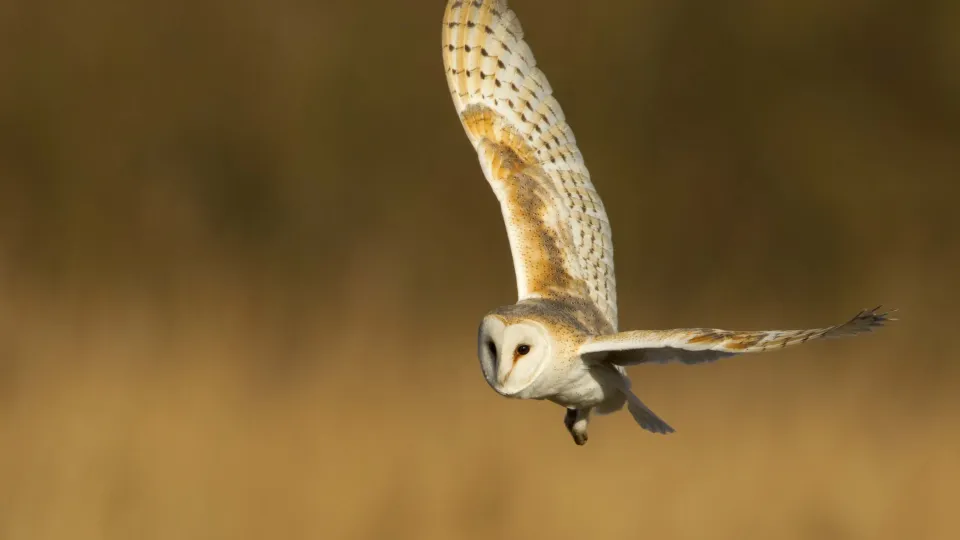
The beautiful barn owl is, perhaps, our most-loved owl. Look out for it flying low over fields and hedgerows at dawn and dusk.
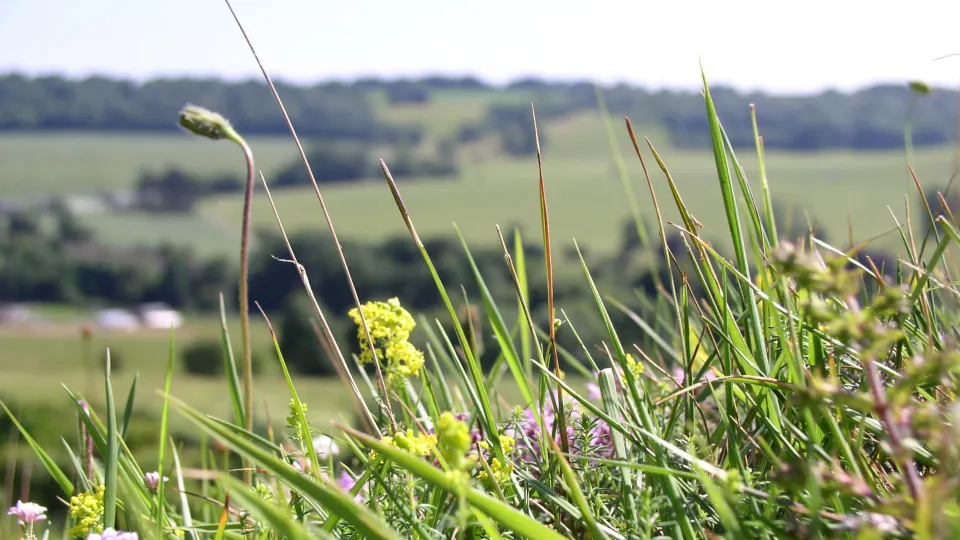
Typical of softly rolling pastoral landscapes, the short, aromatic turf of lowland calcareous grassland is flower-rich and humming with insects in the summer. Its long use by humans lends it an ancient feel and it is often seen amongst prehistoric burial mounds, hill forts and old trackways.
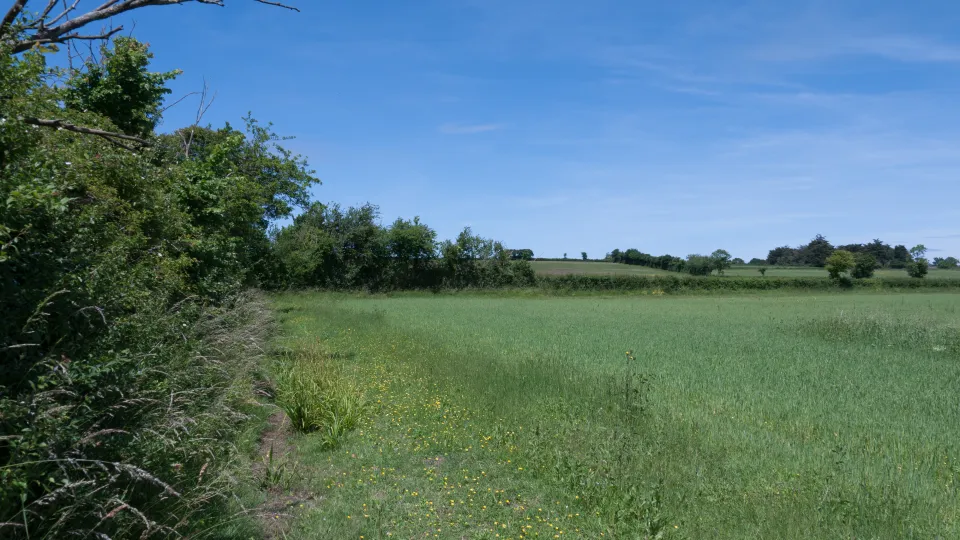
Most arable fields are large, featureless monocultures devoid of wildlife, but here and there are smaller fields and tucked away corners that are farmed less intensively, or are managed specifically with wildlife in mind.